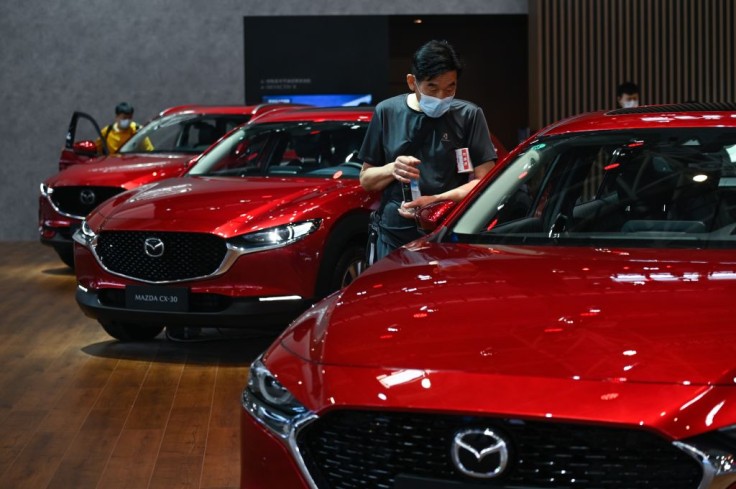
2022 Mazda cars have the capabilities to put the vehicle in full stop when the driver is experiencing health problems, such as stroke or heart attack.
Mazda cars can already park themselves, alert drowsy drivers, re-enter in the correct lane, and suggest map routes to destinations. The company now has automobiles in the works for next year in Japan that can detect whether a motorist is having a stroke or a heart attack.
How Do Mazda Cars Detect Stroke and Heart Attack?
According to the Japanese carmaker, by 2025, cars will be able to detect when drivers are likely to experience a sudden health problem and would alert them.
As reported by ABC News, the vehicles will interpret data from inside the car's cameras and will be use the laser sensors or other intrusive equipment within the vehicle.
Not only will it be available in affordable models, but it will also be available in luxury models.
The technology has the potential to benefit one of the world's most sophisticated aging cultures.
For Mazda's stroke detection feature, Mazda recently told reporters that the company has been researching the acquired image data with medical specialists, including Tsukuba University Hospital, to figure out what a healthy driver looks like, as a contrast to an unconscious driver slumped forward over the steering wheel.
When the Co-Pilot Concept, which has yet to be given an official name, detects a problem, it will bring the vehicle to a safe halt as soon as feasible.
The automobile will honk and flash its blinker and hazard lights, although the specific warning signals are still unknown.
Furthermore, a call to the ambulance and police will be relayed as well.
When it comes to Mazda's heart attack detection feature, the said procedures will also take place assuring safeguard the people inside the vehicle.
2022 Mazda Cars
Several big manufacturers, such as Volkswagen of Germany and Toyota Motor Corp. of Japan, are developing similar technology.
As stated by CTV News, after Japan, Mazda intends to offer the technology in Europe.
Mazda is holding off on launching it in the United States because it believes there are still unanswered problems about its social acceptance, despite the fact that rivals are already delivering similar vehicle-stopping systems.
The company clarified that the personal data gathered does not leave the automobile, which a lot of users are concerned about its privacy protection.
Mazda's chief engineer, Takahiro Tochioka, said the company is researching techniques to foresee a health concern that may arise, even if the driver is unaware of it.
According to him, the car will look for minute changes in people's vision, head swaying, minor deviations in driving patterns, and other such things.
He boasted to reporters, "And it will warn drivers even before actual symptoms appear... But understanding and cooperation from the drivers around that car are crucial for this technology to work."
Mazda is expecting that when the Japanese public sees a driver in distress, they will come to their aid because Japan is known for its extensive public generosity.
Tochioka expressed that the technology will enable people to continue driving throughout their lives while also assuring families and friends that they need not be concerned.
The car maker would also be able to collect input from real-world users by offering Co-Pilot, he said.









